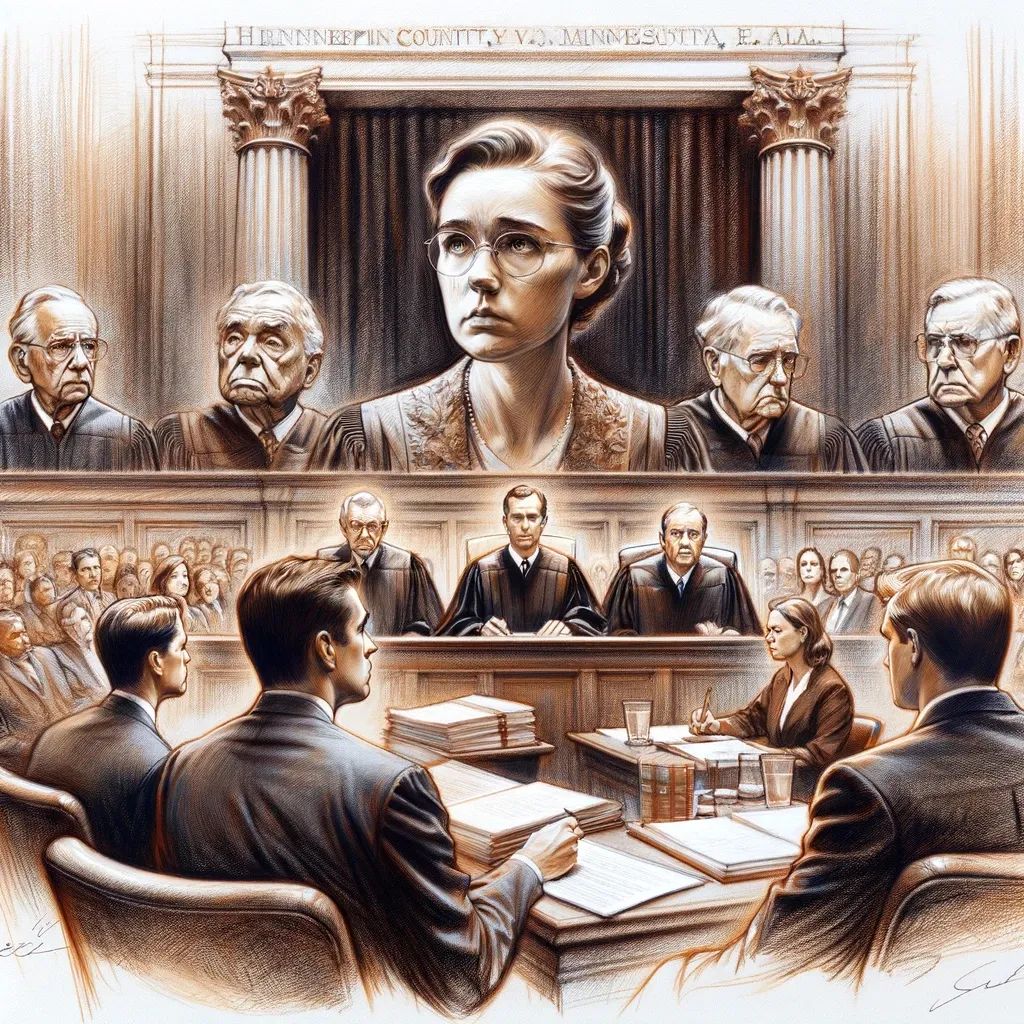Case Digest on Tyler v. Hennepin County, Minnesota, et al.

This case examines the legality and fairness of property seizure and sale by local governments for unpaid taxes, focusing on the proportionality of the government's action in relation to the tax debt owed. The core legal principle involves the balance between governmental authority to collect taxes and the property rights of individuals.
Introduction:
Tyler v. Hennepin County, Minnesota, et al. addresses a critical issue at the intersection of property rights and municipal tax enforcement. The case stems from the seizure and sale of a condominium over unpaid real estate taxes, raising questions about the extent to which such actions are constitutionally permissible.
Facts of the Case:
Geraldine Tyler owned a condominium in Hennepin County, Minnesota, which had accrued about $15,000 in unpaid real estate taxes, interest, and penalties. The County seized the condo and subsequently sold it for $40,000, retaining the entire sale amount, far exceeding the sum of the owed taxes.
Issue of the Case:
The Supreme Court was asked to resolve whether the County's actions—seizing and selling the property for an amount significantly higher than the tax debt and keeping the surplus—violated the constitutional rights of the property owner, specifically in terms of due process and just compensation.
Ruling of the Case:
The Supreme Court's decision in this case is pivotal in defining the limits of governmental power in tax collection and property seizure, particularly regarding the proportionality of the action taken to the amount of tax debt owed and the handling of surplus funds from property sales.
Impact on the Legal System:
This ruling has significant implications for local governments' tax enforcement practices, property rights, and the legal principles governing the seizure and sale of assets for unpaid taxes. It may influence future policies and legal standards related to tax delinquency and property forfeiture.
Conclusion:
Tyler v. Hennepin County, Minnesota, et al. is a landmark case with the potential to reshape the legal landscape around property rights and government tax collection practices. The outcome could redefine the balance between ensuring tax compliance and protecting individual property rights from disproportionate governmental actions.

